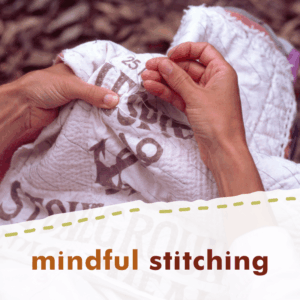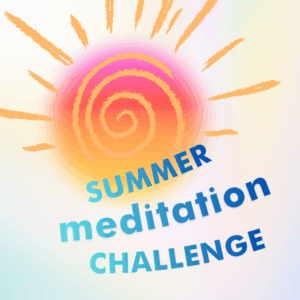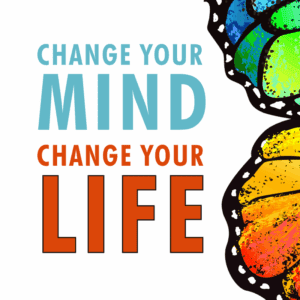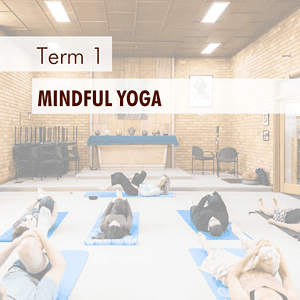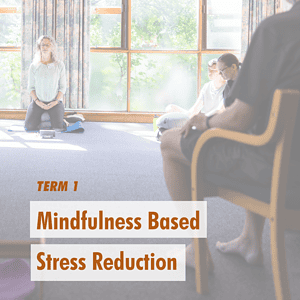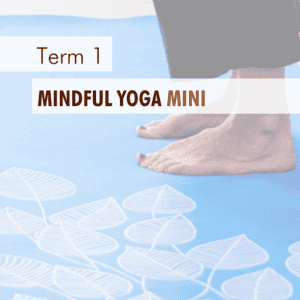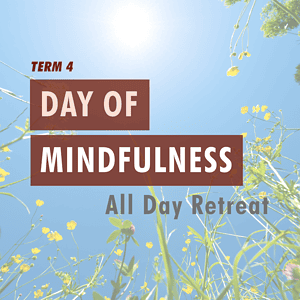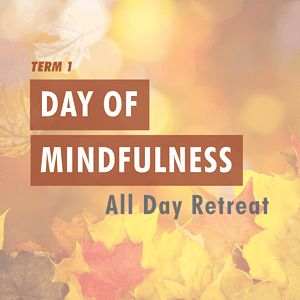Register for a program
COURSES
Our courses typically run for 4-8 weeks.
practice groups
Practice groups meet weekly throughout the term and are facilitated by one of our teachers.
retreats
Take a few hours for yourself with a short retreat, or immerse yourself deeply in one of our longer residential retreats.
special events
Workshops, practice sessions, art exhibitions, collaborations and more.
